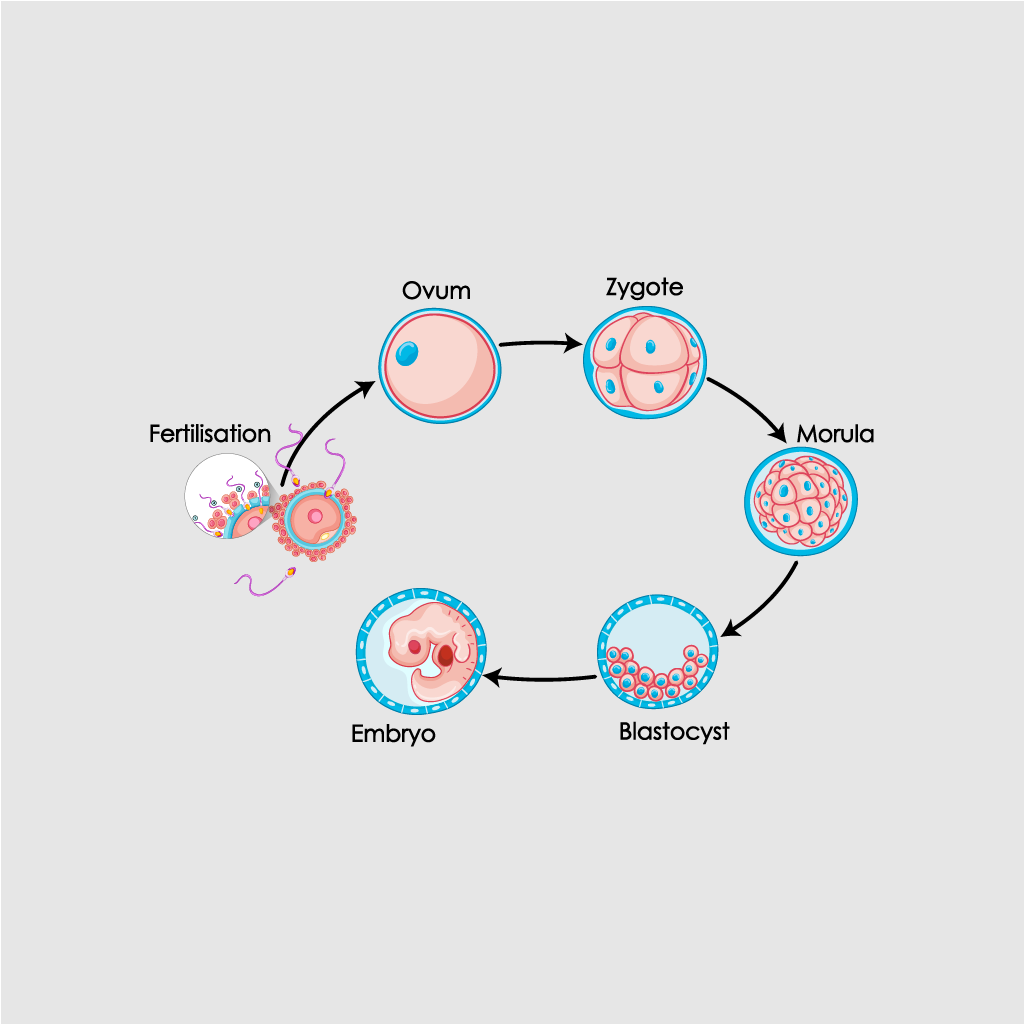BLASTOCYST TRANSFER
Blastocyst transfer is a fertility treatment option that involves transferring a blastocyst, or a five- to six-day-old embryo, into the uterus. It is typically used in conjunction with in vitro fertilization (IVF) and is often recommended for individuals or couples experiencing fertility issues. At RISAA IVF Center Nepal, we offer advanced blastocyst transfer services to help individuals and couples achieve their family-building goals.
Blastocyst transfer is a multi-step process that begins with the retrieval of eggs from the ovaries through a minimally invasive surgical procedure called an egg retrieval. The retrieved eggs are then combined with sperm in a laboratory setting to create embryos. The embryos are allowed to grow and develop in the laboratory for a few days, until they reach the blastocyst stage.
A blastocyst is a five- to six-day-old embryo that has developed to the point where it has a distinct inner cell mass and outer layer of cells. The inner cell mass will eventually develop into the fetus, while the outer layer of cells will develop into the placenta.
The blastocyst is then transferred back into the woman’s uterus using a thin catheter, which is passed through the cervix and into the uterine cavity. If the blastocyst implants and begins to grow, it will develop into a baby.

Blastocyst transfer is often recommended for individuals or couples experiencing a variety of fertility issues, including:
- Poor embryo quality: If an individual or couple has poor quality embryos, blastocyst transfer can improve the chances of pregnancy by allowing the embryos to develop for an additional two to three days before transfer.
- Multiple embryos: If an individual or couple has multiple embryos, blastocyst transfer can reduce the risk of multiple pregnancies by transferring only one or two of the best-quality blastocysts.
- Uterine abnormalities: If an individual has uterine abnormalities that may make it difficult for an embryo to implant, blastocyst transfer can improve the chances of pregnancy by allowing the embryo to implant at a later stage of development, when the uterus is more receptive.
Blastocyst transfer is a highly effective fertility treatment, with success rates that depend on a variety of factors, including the woman’s age, the cause of infertility, and the quality of the embryos. At RISAA IVF Center Nepal, we are committed to providing the highest quality care and support to help you achieve your family-building goals. Our team of experienced fertility specialists will work with you to create a personalized treatment plan and provide ongoing support throughout the blastocyst transfer process.
If you are considering blastocyst transfer or have any questions about fertility treatment, we encourage you to contact us for more information. Our team will be happy to discuss your options and help you determine the best course of action for you. We are dedicated to helping individuals and couples achieve their dreams of starting or growing their families, and we are here to support you every step of the way.
